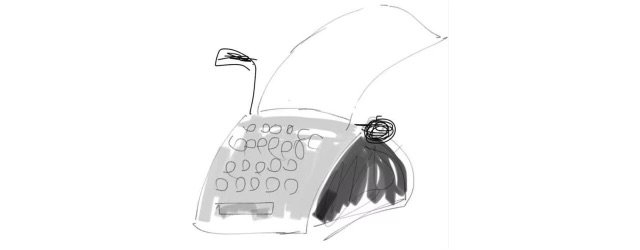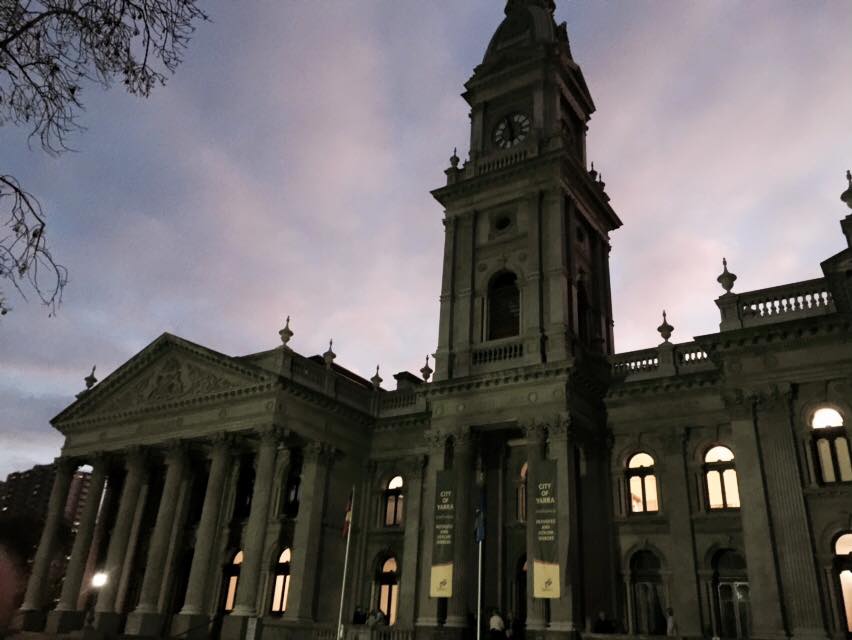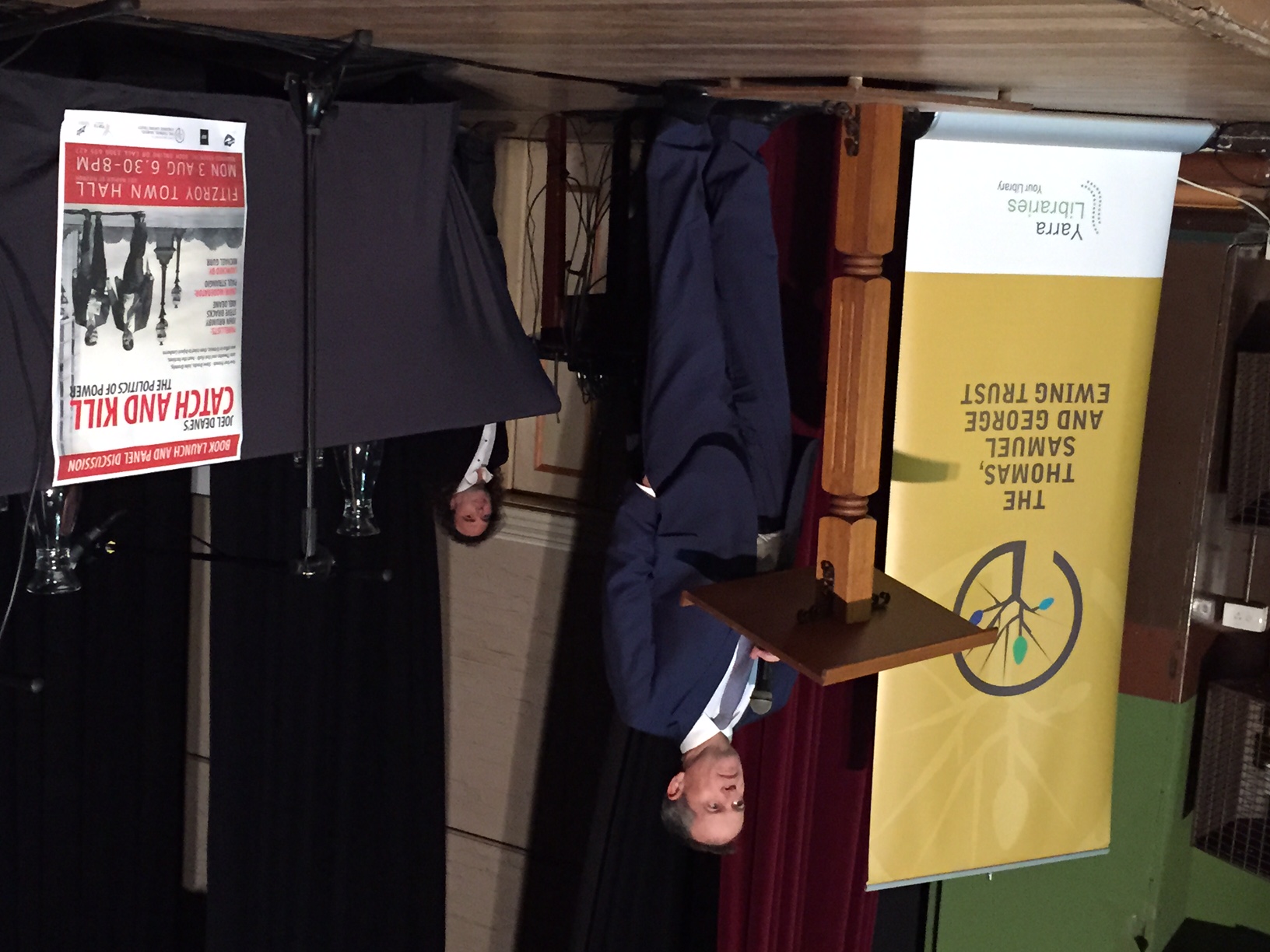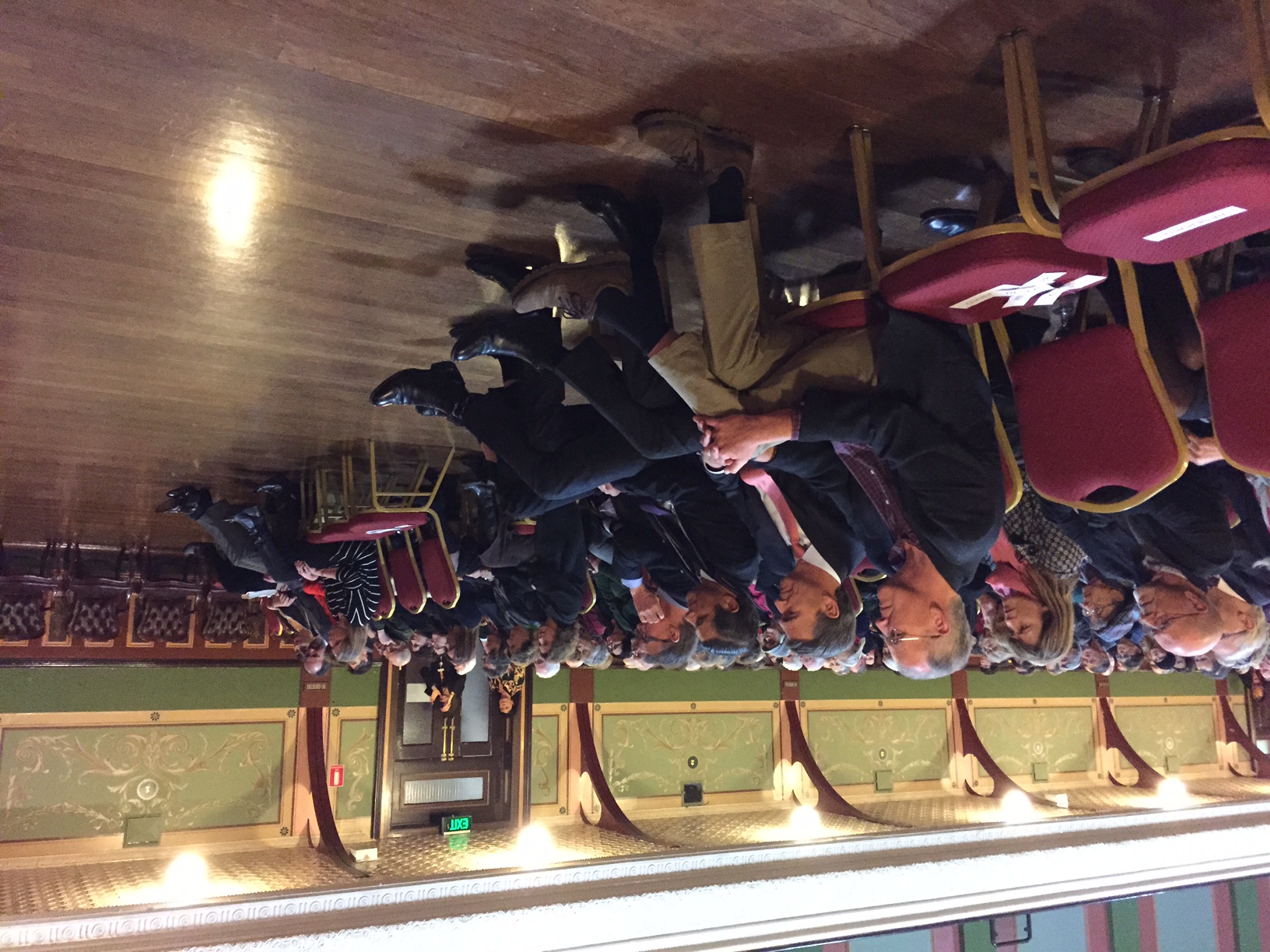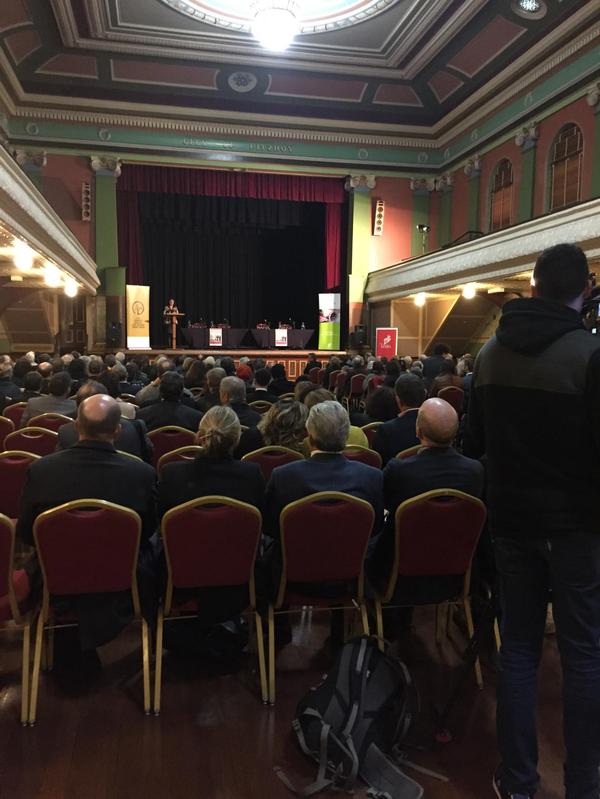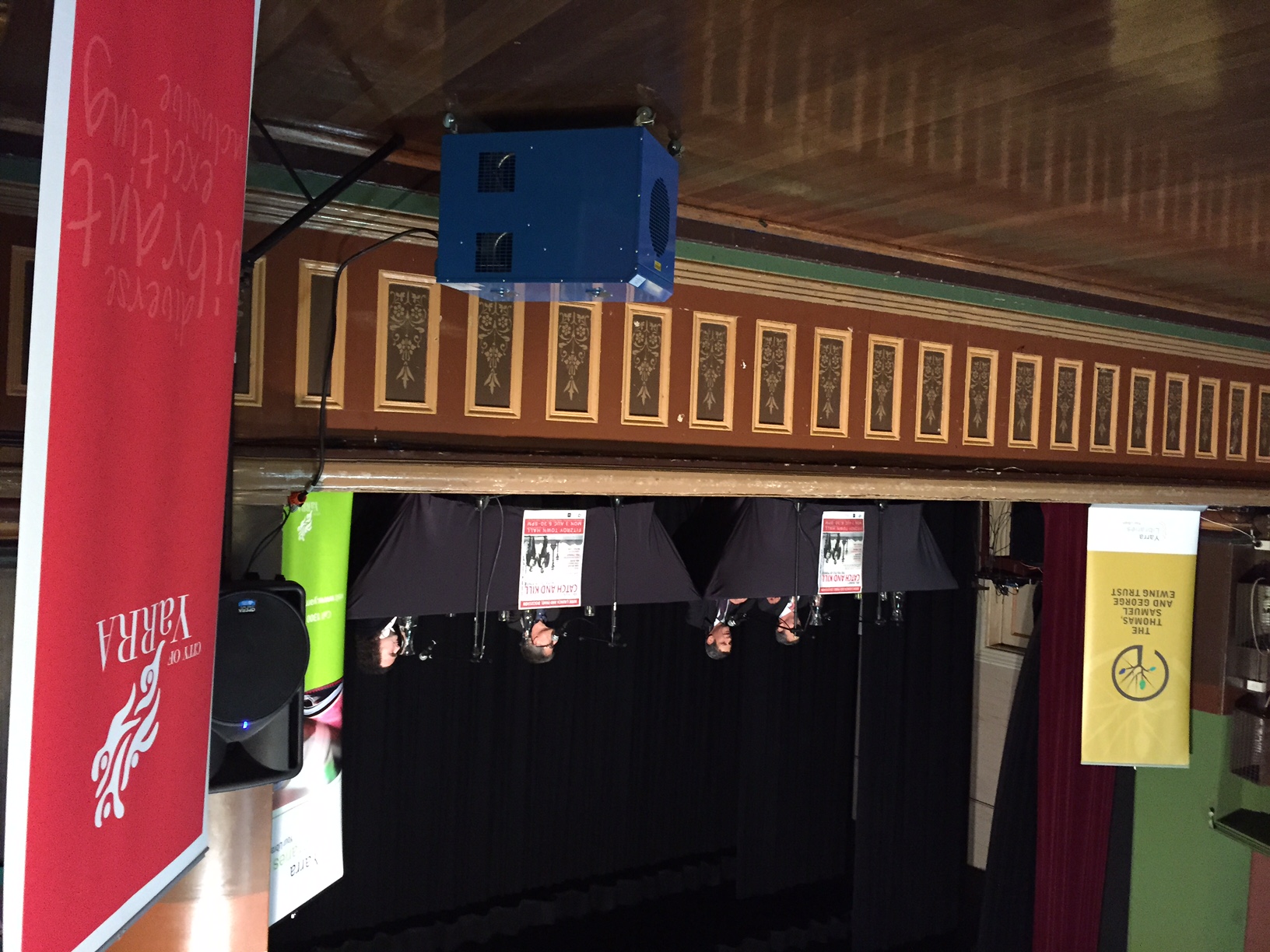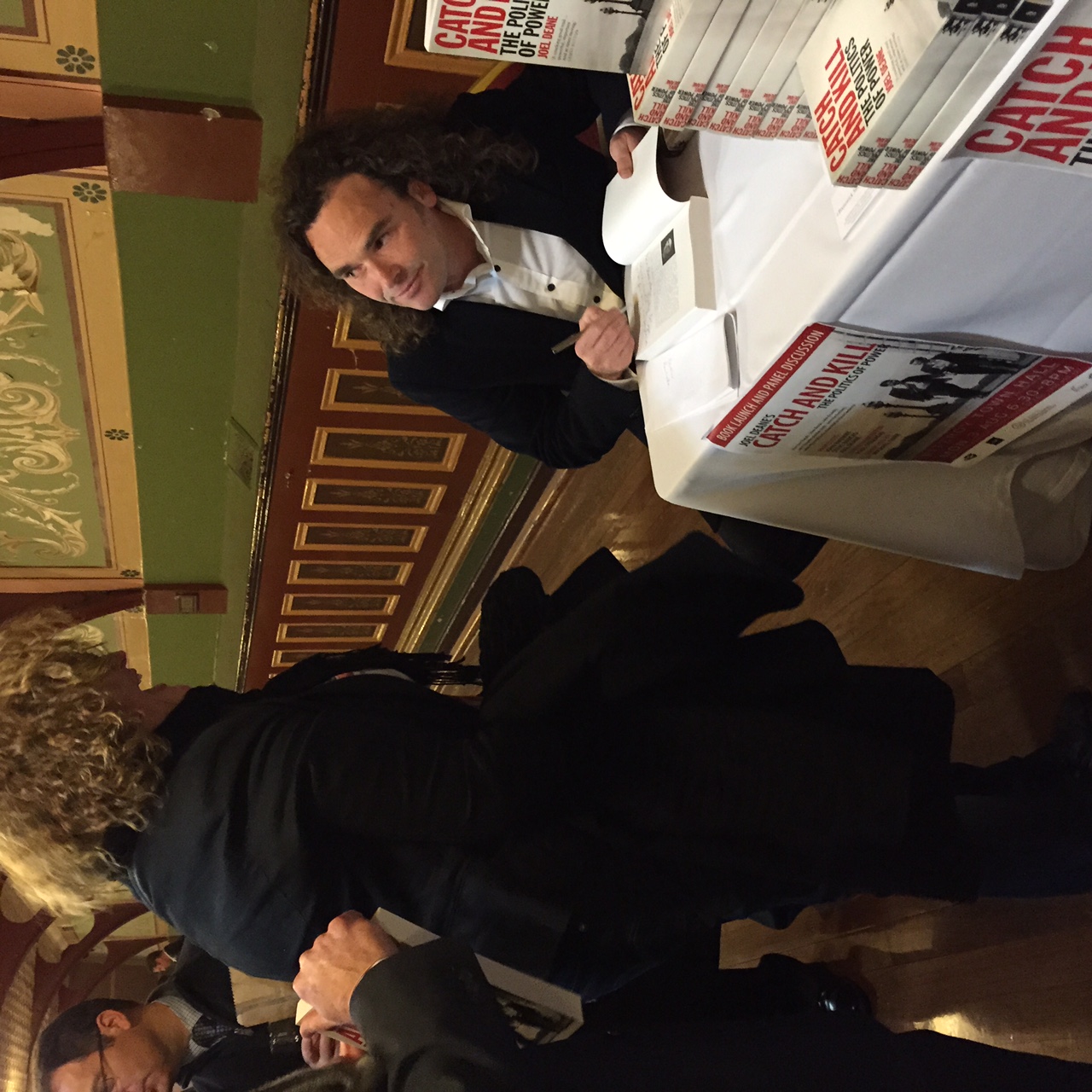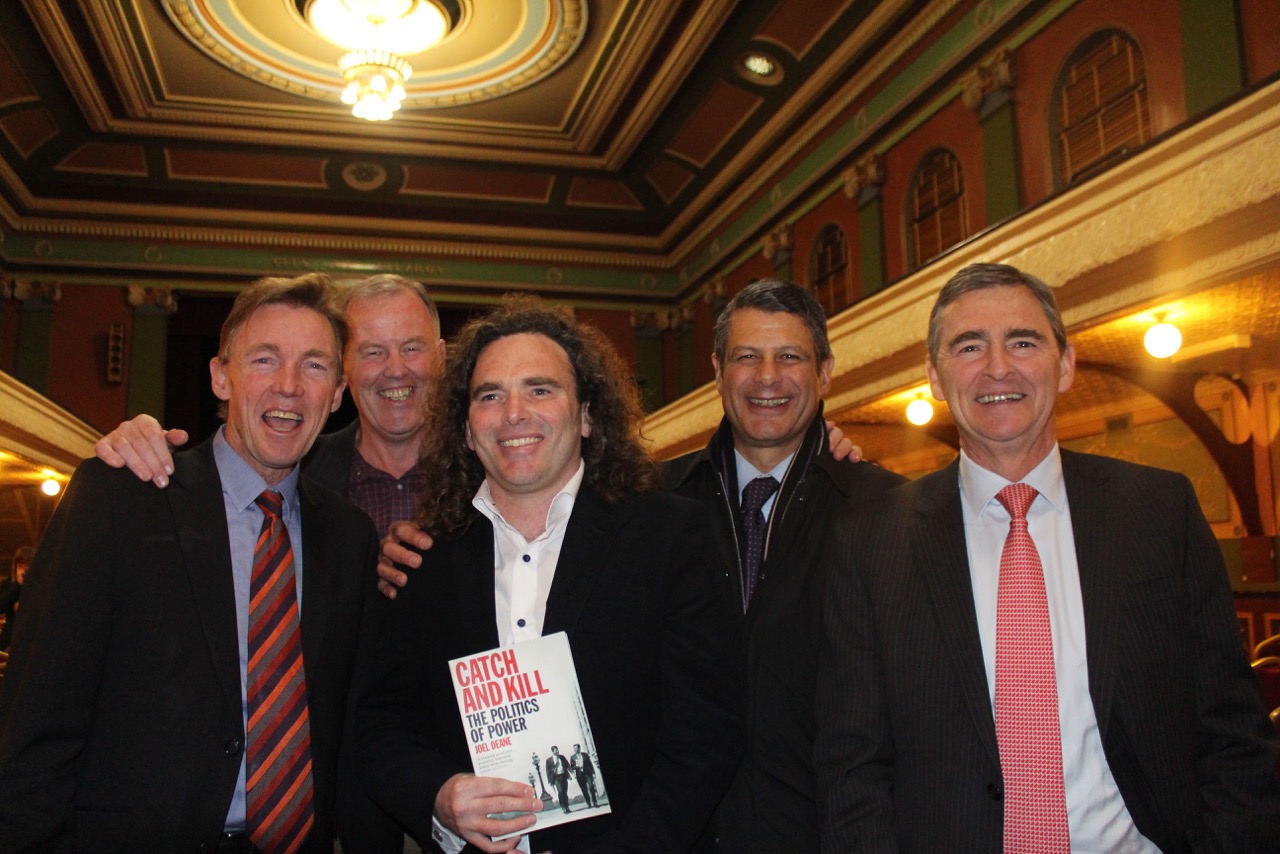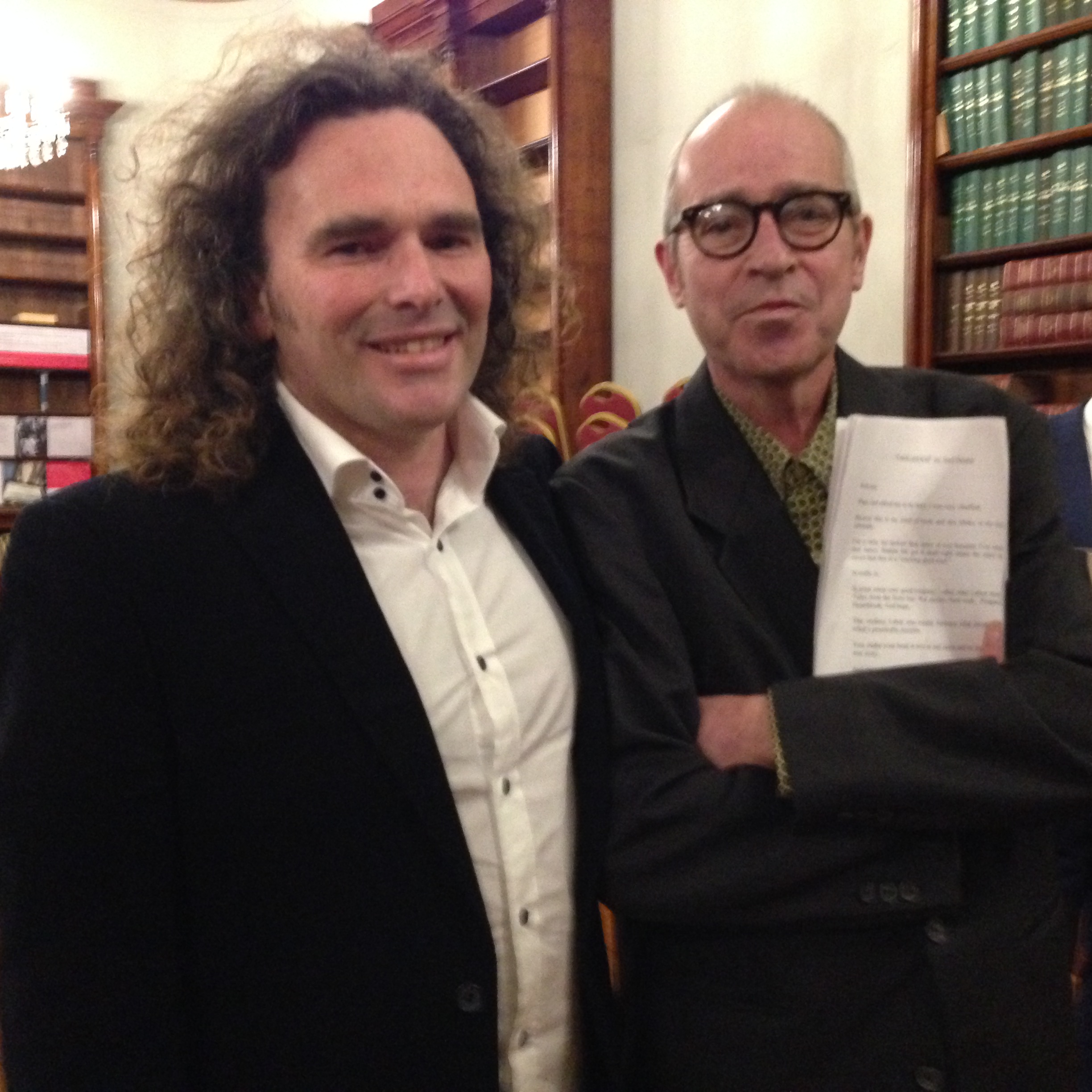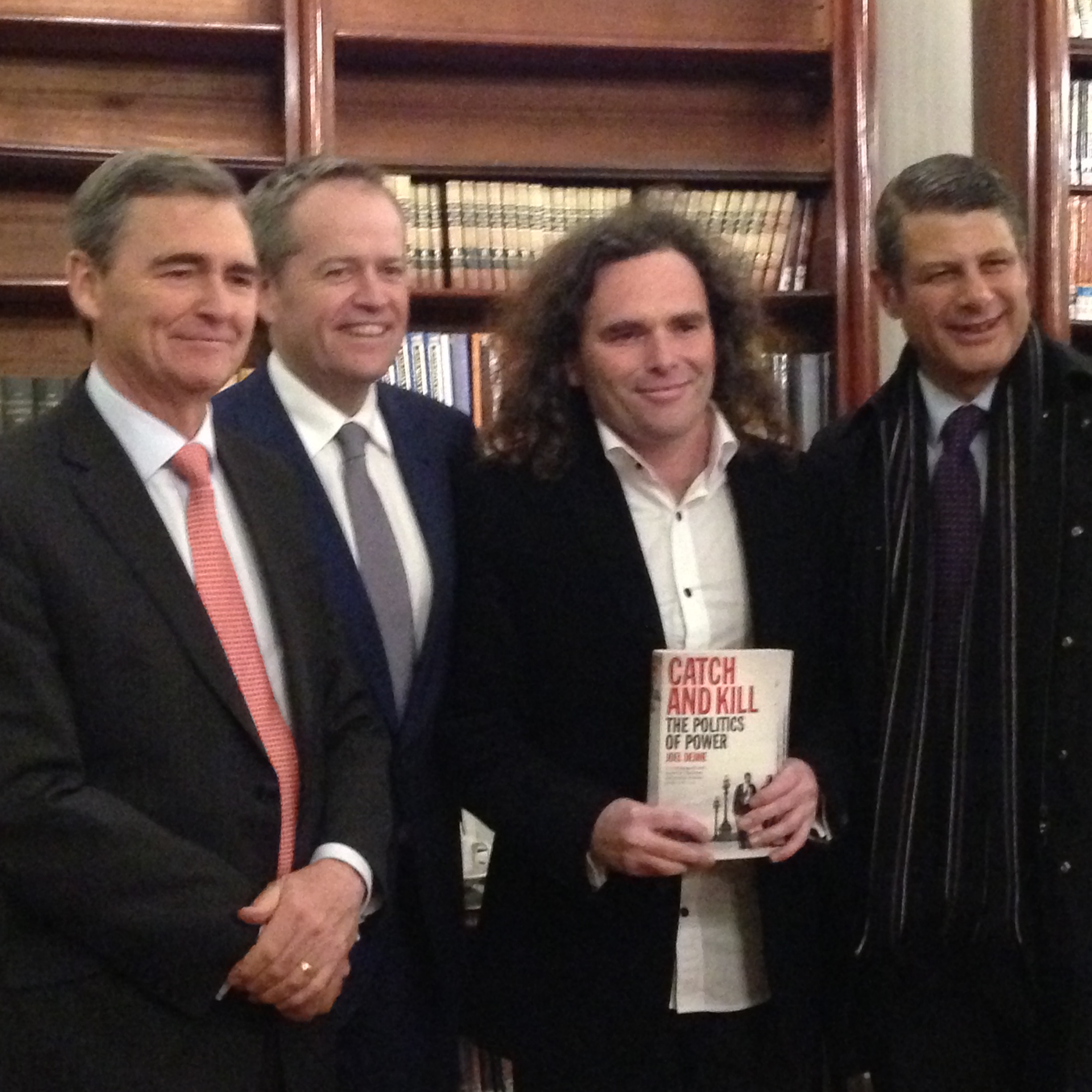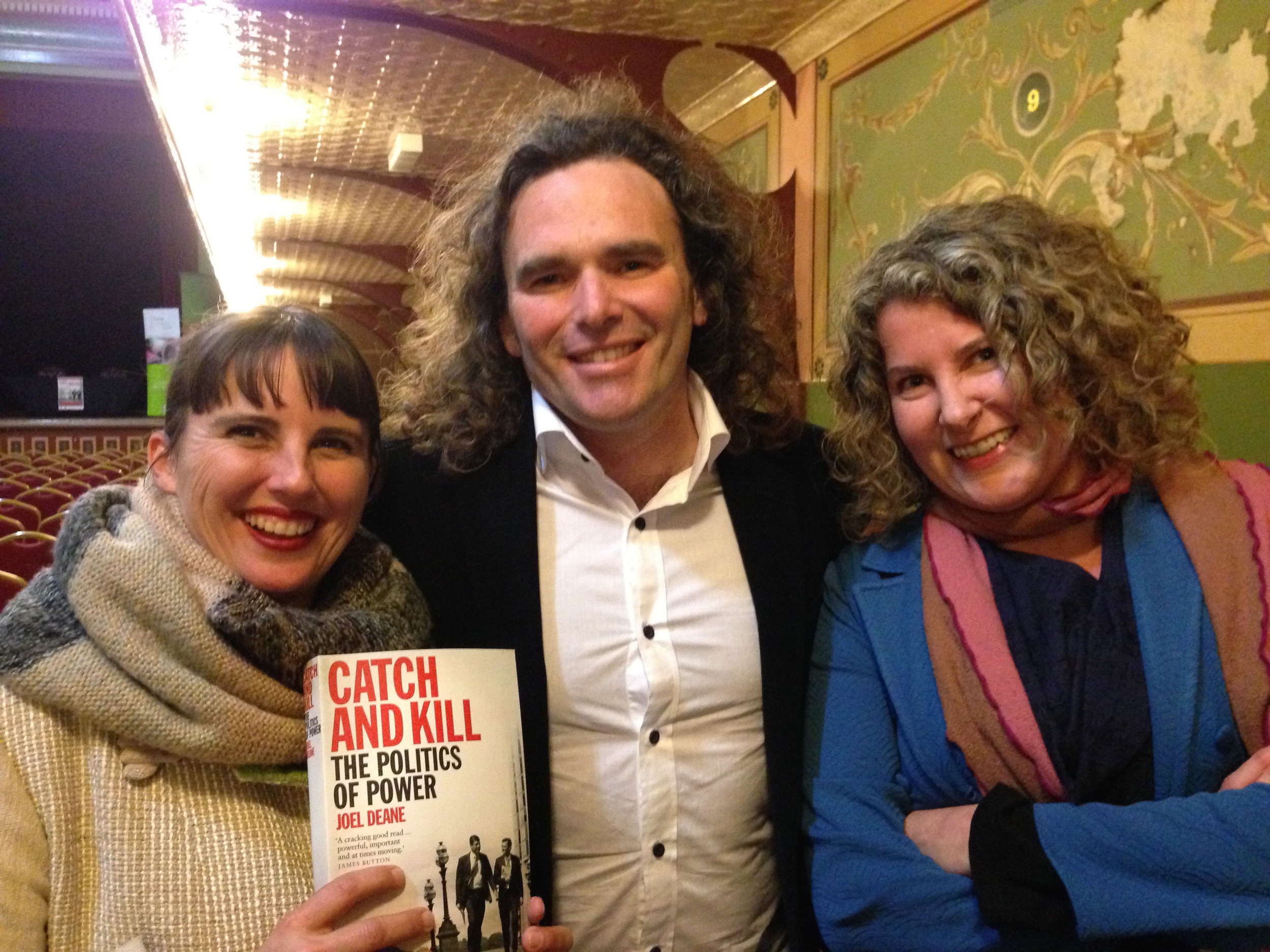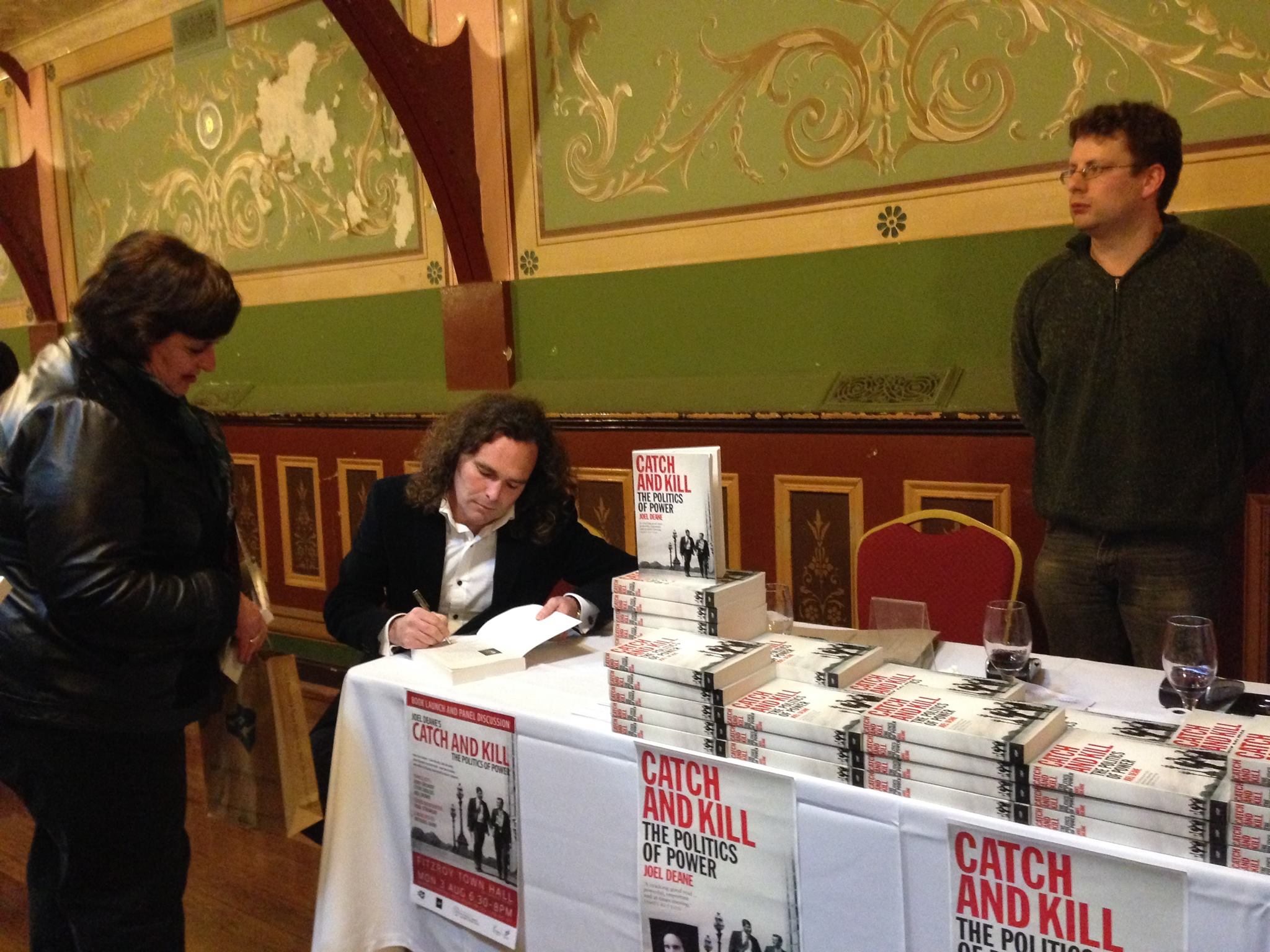Bill Shorten's speech at the launch of Catch and Kill
Speech delivered on August 3, 2015 at the Fitzroy Town Hall.
It’s an honour to say a few words tonight at the launch of Catch and Kill. I’m conscious we have a panel of distinguished speakers and an author to interview, so I will keep my contribution brief.
This is a book about Labor in power, and it is also a book about power in Labor.
There will undoubtedly be reviewers and commentators who focus on the latter. Who write breathlessly of ‘shocking’ revelations. The factions and rivalries, the personal ambitions and broken pledges.
The backroom conflicts and last-minute compromises.
But this book should not be read through the prism of palace intrigue. This book, its author and the protagonists are worthy of better.
Catch and Kill is much more than a ‘who promised what to whom’ account of internal machinations. It is the story of a group of genuine, talented Labor people who came together to win government, and worked together to govern well and to make Victoria a better place.
It’s a reminder Opposition can sometimes be a slog – and I can tell you, that’s a bit of an enduring truth.
But it’s proof of the rewards that come from doing the hard yards.
Learning the lessons of defeat, re-engaging with members and the community. Working out the problems people faced in their daily lives and crafting the solutions.
And it is, especially, a story of the great things the Bracks and Brumby Governments achieved for Victoria.
Fiscally conservative, socially progressive.
Governments that knew, as all of us in modern Labor do, that economic growth is always stronger when it is shared.
That prosperity always lasts longer when more people are a part of it.
And that the true measure of successful economic management is to ensure that the dividends are re-invested in what matters:
Great schools
Quality healthcare
A sustainable environment
Stronger regions
And social justice
This is the proud story of the 11 years of Steve Bracks, John Brumby, Rob Hulls, John Thwaites and all their team.
Of people who believed Victoria could be a national leader, driving national issues and shaping the Commonwealth.
It’s also a deeply personal book.
Personal in its substance and its style.
The writing is vintage Deane.
There are the historical titbits, the footy references, the flavour of country childhood, Fitzroy youth and Catholic upbringing.
But above all, there is the wordsmithing I remember from every one of Joel’s drafts. Joel’s prose has always had a kind of Spartan clarity. A relentless, military pursuit of the logic and argument.
Every sentence a trim, disciplined, self-sustaining unit. Each one formidable on its own.
And when the paragraphs lock their shields with each other and advance in formation – it’s unstoppable.
No syllable is ever wasted, no excess adjectives are allowed to clutter the field. For example he would have cut that whole Spartan analogy.
This means the character sketches are spot on. Neither coloured by hagiography nor tainted by bile.
And it injects refreshing candour into the chapter titles ‘Jesus Freaking Bananas’ would have to be my personal favourite.
The expletives alone mark Catch and Kill as the book of a political staffer. There’s a great line in here where Joel describes political advisors as: 'a tribe specialising in snap judgments and Olympian disdain.'
And it’s fair to say there are shelves full of books written by ‘insiders’ which build from the premise that it was only their presence behind the curtain that kept the show on the road.
Joel’s book isn’t like that.
We get glimpses of the speechwriter’s life: the long hours, shuttling drafts back and forth, making peace between the news imperative and policy purity.
But this isn’t a story of one man carrying the Labor party on his shoulders.
Joel doesn’t present himself as the unmoved mover or the spider in the centre of the web.
He doesn’t pretend he had a voice in every decision or an eye to every keyhole. Joel doesn’t make it all about him.
And this tells you everything you need to know about him. Joel Deane the staffer and Joel Deane the man.
Joel was a volunteer, not a conscript. He came to politics to add his contribution, not further his ambitions.
This is the book of a man who counted himself lucky to serve Labor – not someone who considered Labor lucky to have him.
And Joel, this is precisely why we were lucky to have you.
Congratulations on Catch and Kill – I wish you and your work all the very best in the future.
